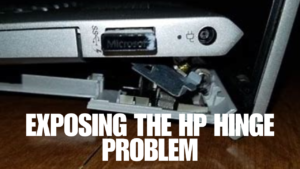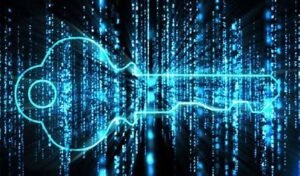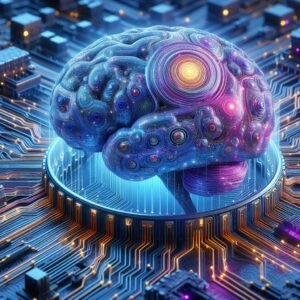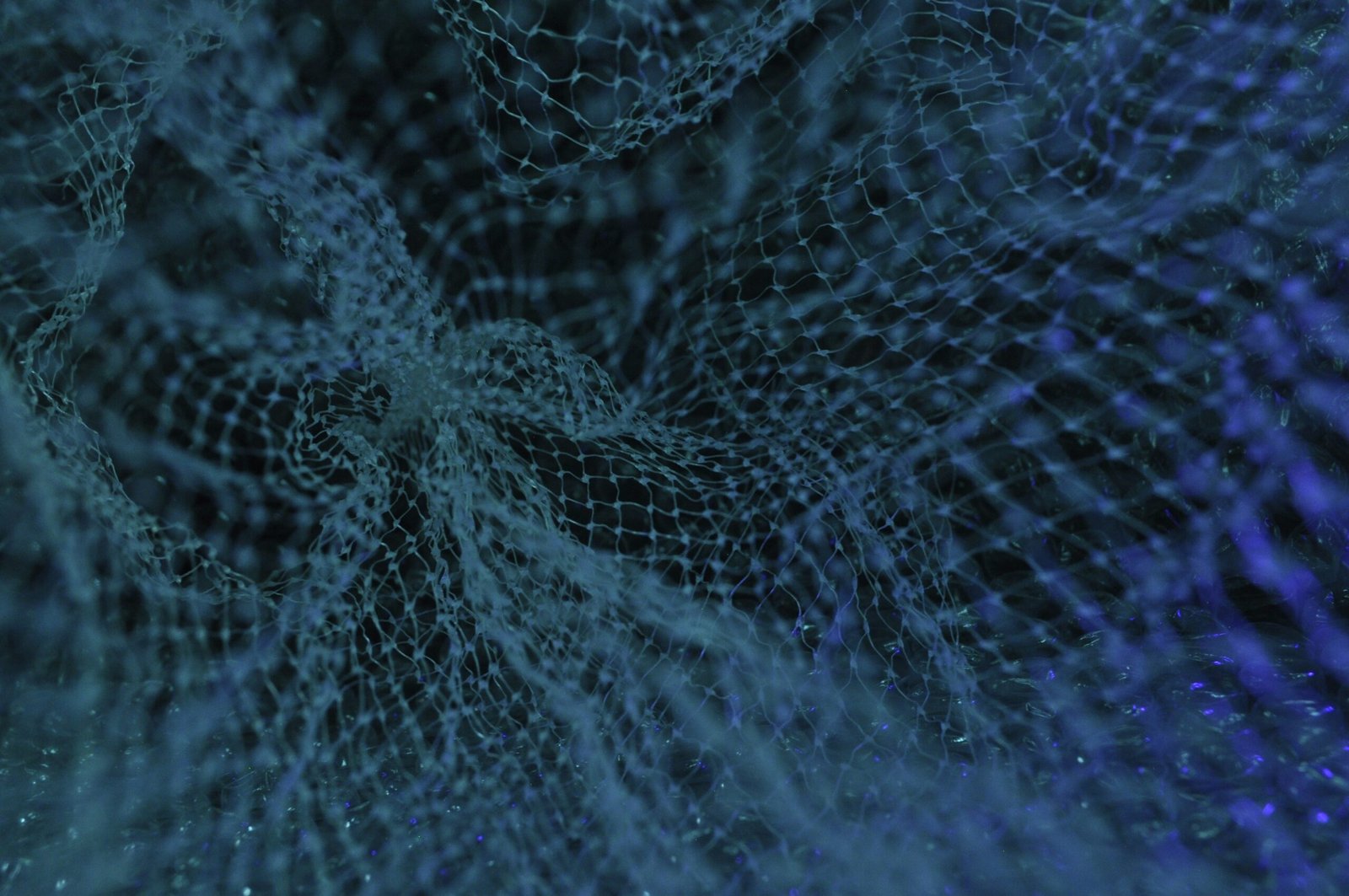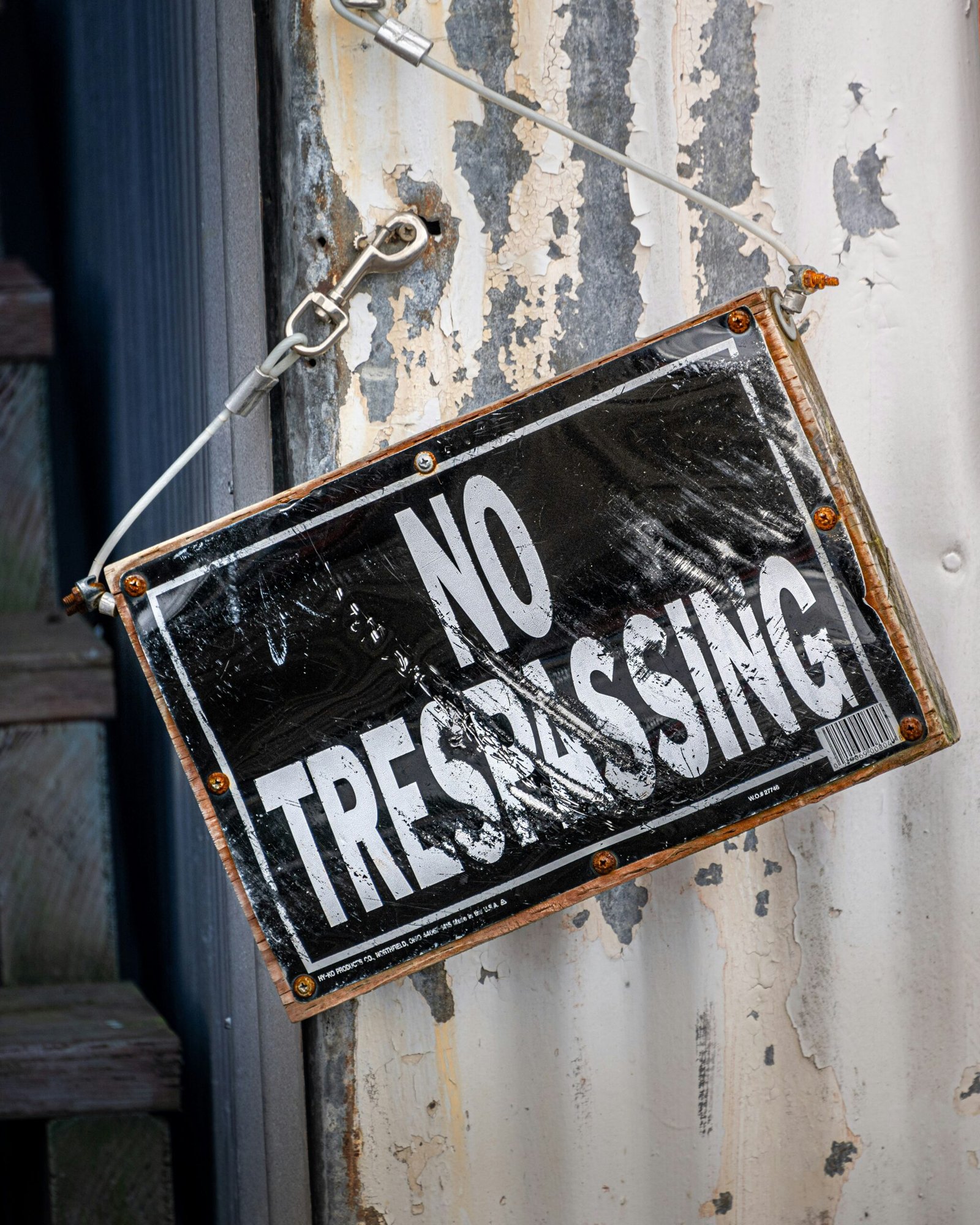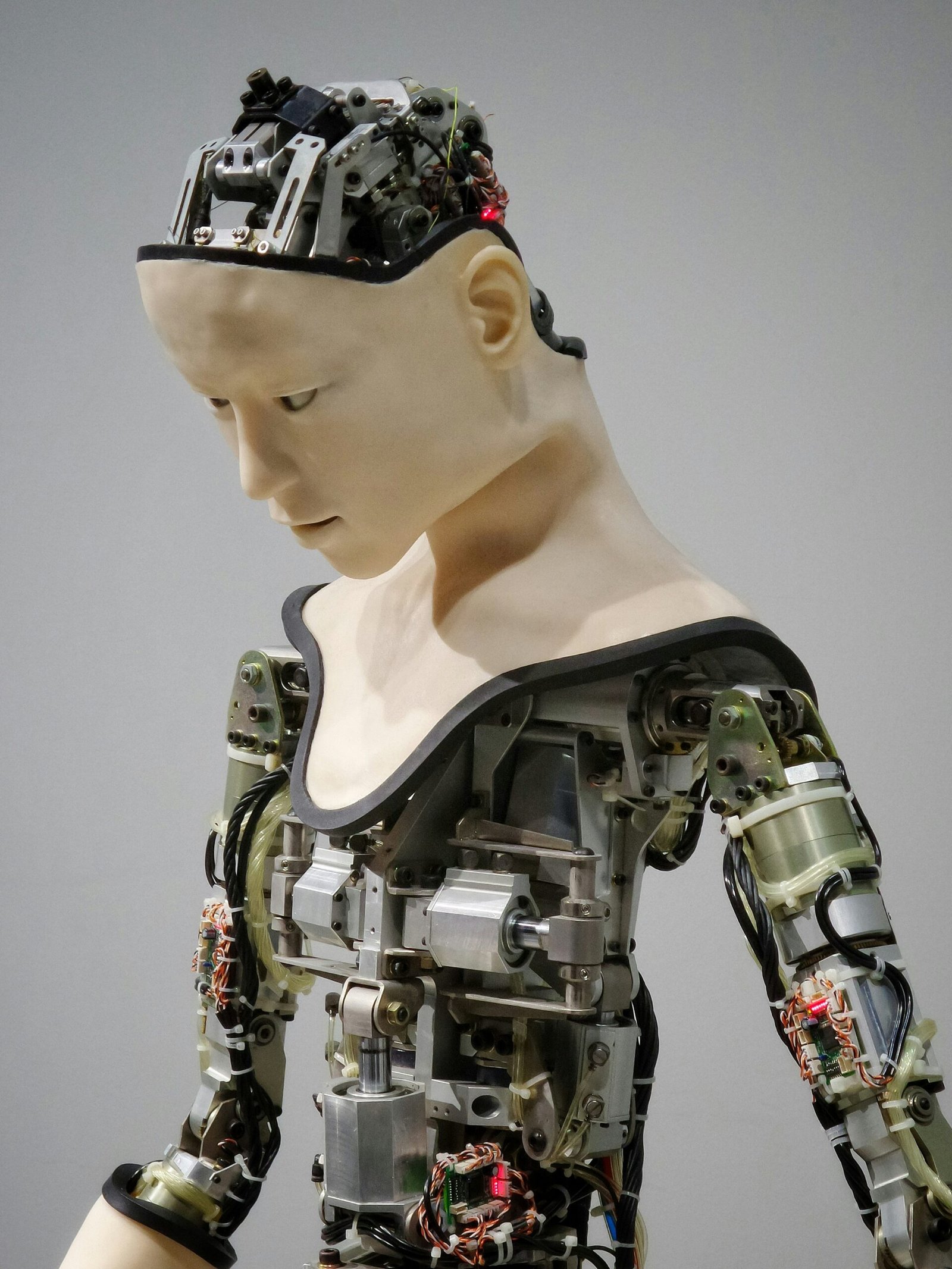Skip to content
Introduction
- Overview of the rise of blockchain technology and its impact on decentralization.
- Introduction to Decentralized Autonomous Organizations (DAOs) and their significance in the blockchain ecosystem.
- The growing interest in DAOs for decentralized governance and decision-making.
Understanding DAOs
- Definition and core principles of DAOs.
- How DAOs operate without centralized control using smart contracts and blockchain technology.
- The role of community participation and token-based governance in DAOs.
- Differences between DAOs and traditional organizations in terms of structure, decision-making, and transparency.
Key Components of DAOs
- Smart Contracts:
- How smart contracts automate governance, voting, and operational processes in DAOs.
- Examples of smart contract platforms used in DAOs, such as Ethereum, Polkadot, and Cardano.
- Governance Tokens:
- The role of governance tokens in voting and decision-making within a DAO.
- Overview of different token models and their impact on DAO governance.
- Decentralized Voting Mechanisms:
- Different voting models (e.g., quadratic voting, liquid democracy) and their applications in DAOs.
- Ensuring fair and transparent decision-making processes within decentralized organizations.
- Treasury Management:
- How DAOs manage funds through decentralized treasuries.
- Importance of financial transparency and community oversight in treasury management.
Advantages of DAOs
- Decentralization and Trustlessness:
- Eliminating the need for intermediaries and reducing single points of failure.
- Transparency and Accountability:
- Enhanced transparency in decision-making and financial operations.
- Community Participation and Empowerment:
- Empowering community members to participate in governance and decision-making processes.
- Global and Borderless Operations:
- Operating beyond geographical boundaries, enabling global collaboration.
Real-World Examples of DAOs
- MakerDAO: Overview of MakerDAO’s decentralized lending platform and governance model.
- Uniswap: How Uniswap leverages a DAO for community-driven protocol upgrades.
- Aave: Aave’s decentralized governance structure for managing its lending and borrowing platform.
- Aragon and MolochDAO: Platforms enabling the creation and management of DAOs for various use cases.
- ConstitutionDAO and Other Novel Applications: Innovative applications of DAOs in social, cultural, and political contexts.
Challenges Facing DAOs
- Legal and Regulatory Uncertainty:
- Lack of clear legal frameworks and regulatory guidance for DAOs.
- Navigating jurisdictional challenges and ensuring compliance with global regulations.
- Security Risks and Smart Contract Vulnerabilities:
- Potential for smart contract bugs and exploits, leading to financial losses.
- Governance Challenges:
- Overcoming low voter turnout, voter apathy, and governance attacks.
- Scalability and Performance Issues:
- Challenges in scaling DAO operations to accommodate large, global communities.
Future Potential of DAOs in Various Sectors
- Finance and DeFi:
- How DAOs can revolutionize financial services and decentralized finance (DeFi) ecosystems.
- Social and Cultural Organizations:
- DAOs as tools for social impact, cultural preservation, and community-driven initiatives.
- Corporate Governance and Enterprises:
- Adoption of DAO models by traditional enterprises for decentralized governance.
- Supply Chain and Logistics:
- Enhancing supply chain transparency and efficiency through decentralized governance.
Integration with Other Technologies
- AI and DAOs:
- Potential for AI-driven DAOs and autonomous decision-making.
- Interoperability with Other Blockchains:
- Cross-chain DAOs and their role in enhancing interoperability across different blockchain networks.
- Synergies with Web3 and the Metaverse:
- Role of DAOs in governing decentralized Web3 applications and metaverse ecosystems.
Ethical and Social Considerations
- Ensuring inclusivity and diversity in DAO governance.
- Addressing power imbalances and ensuring equitable participation.
- Ethical implications of autonomous governance and decision-making.
Conclusion
- Recap of the transformative potential of DAOs in creating decentralized, transparent, and community-driven organizations.
- Outlook on the future development of DAOs and their impact on various industries.
- Encouragement to participate in DAO initiatives and contribute to the future of decentralized governance.
Call to Action
- Encourage readers to explore existing DAOs and consider participating in decentralized governance.
- Highlight the importance of staying informed about DAO developments and blockchain advancements.


